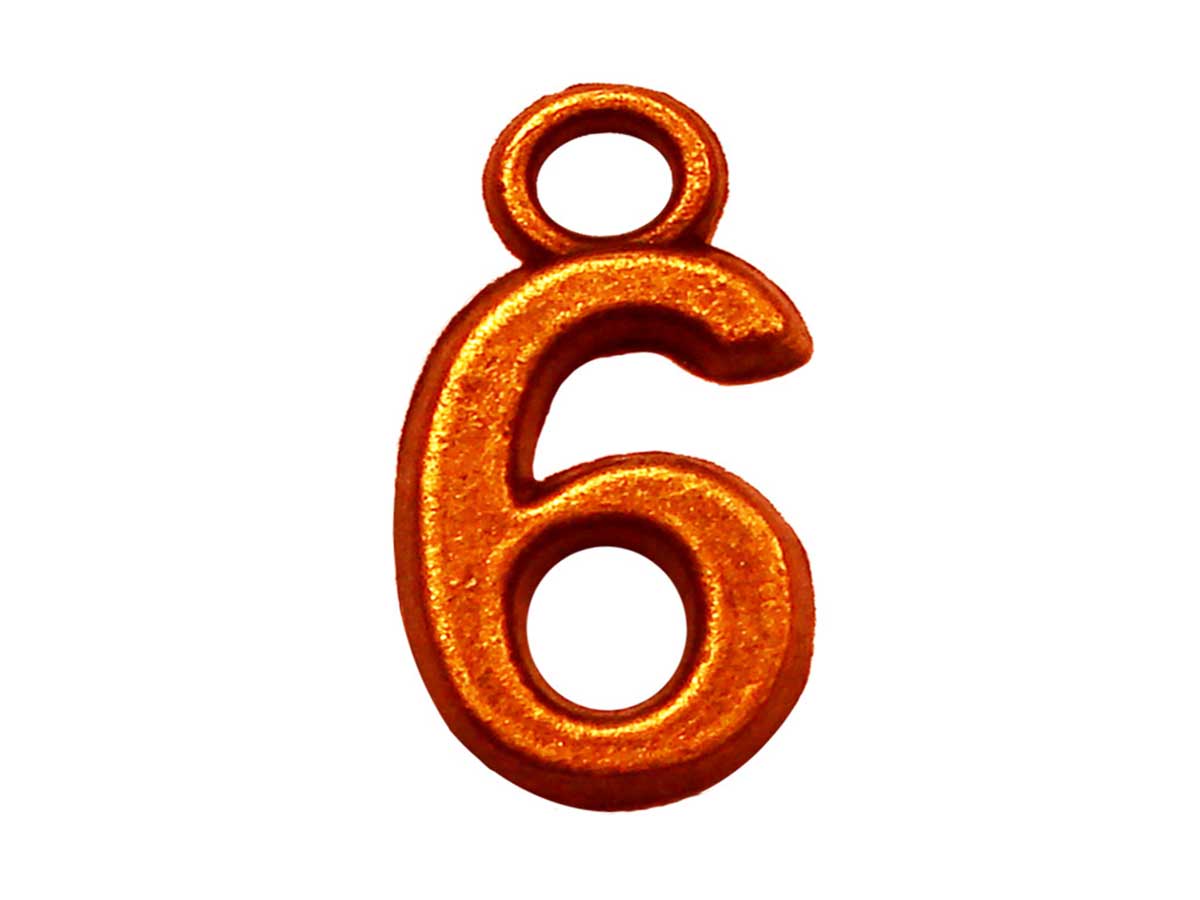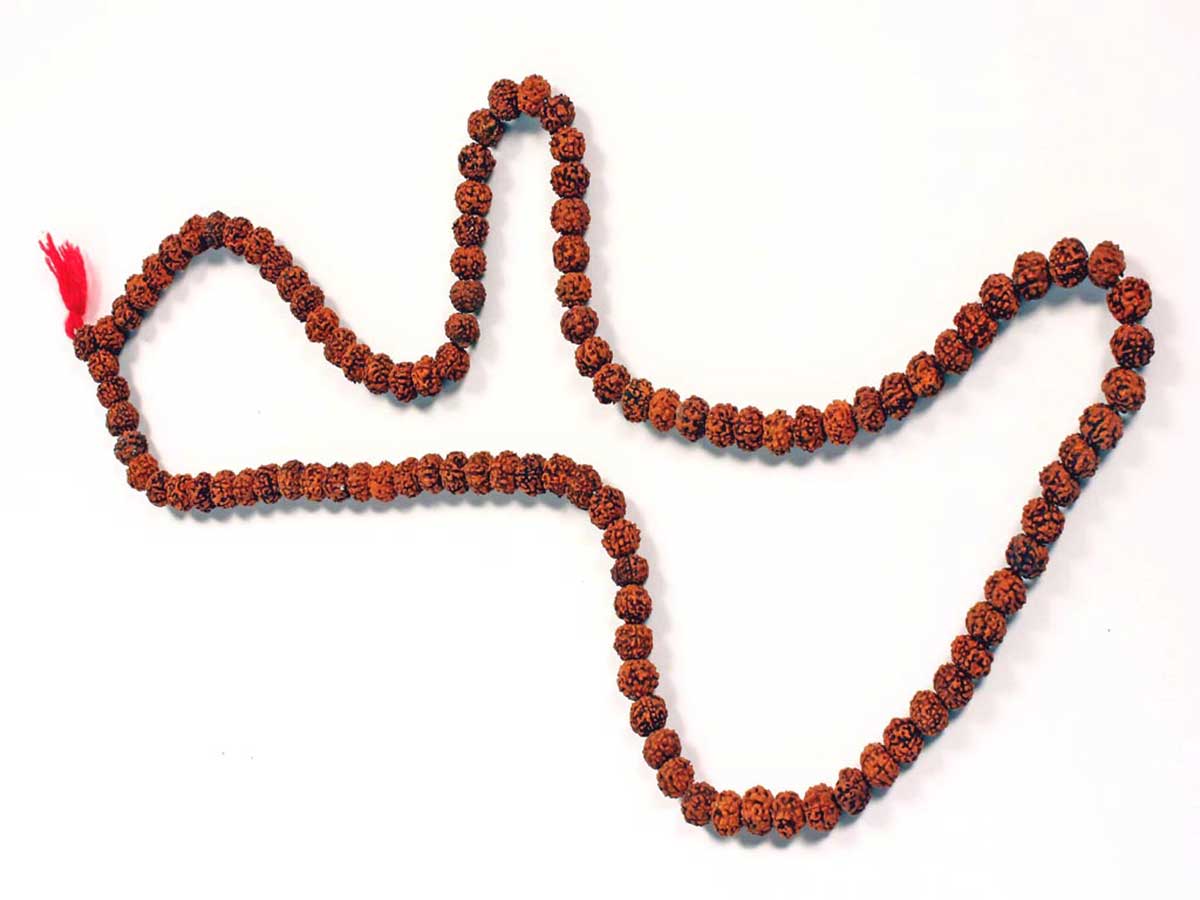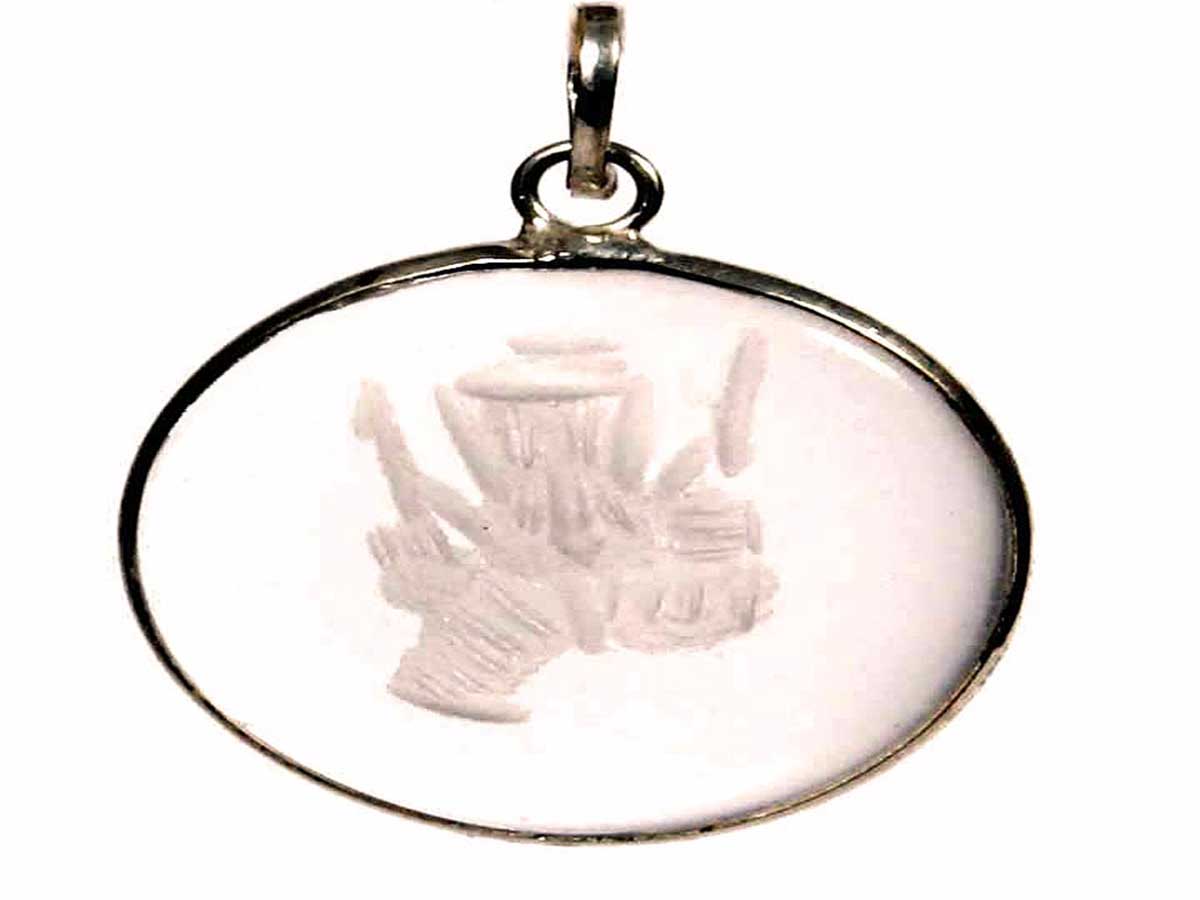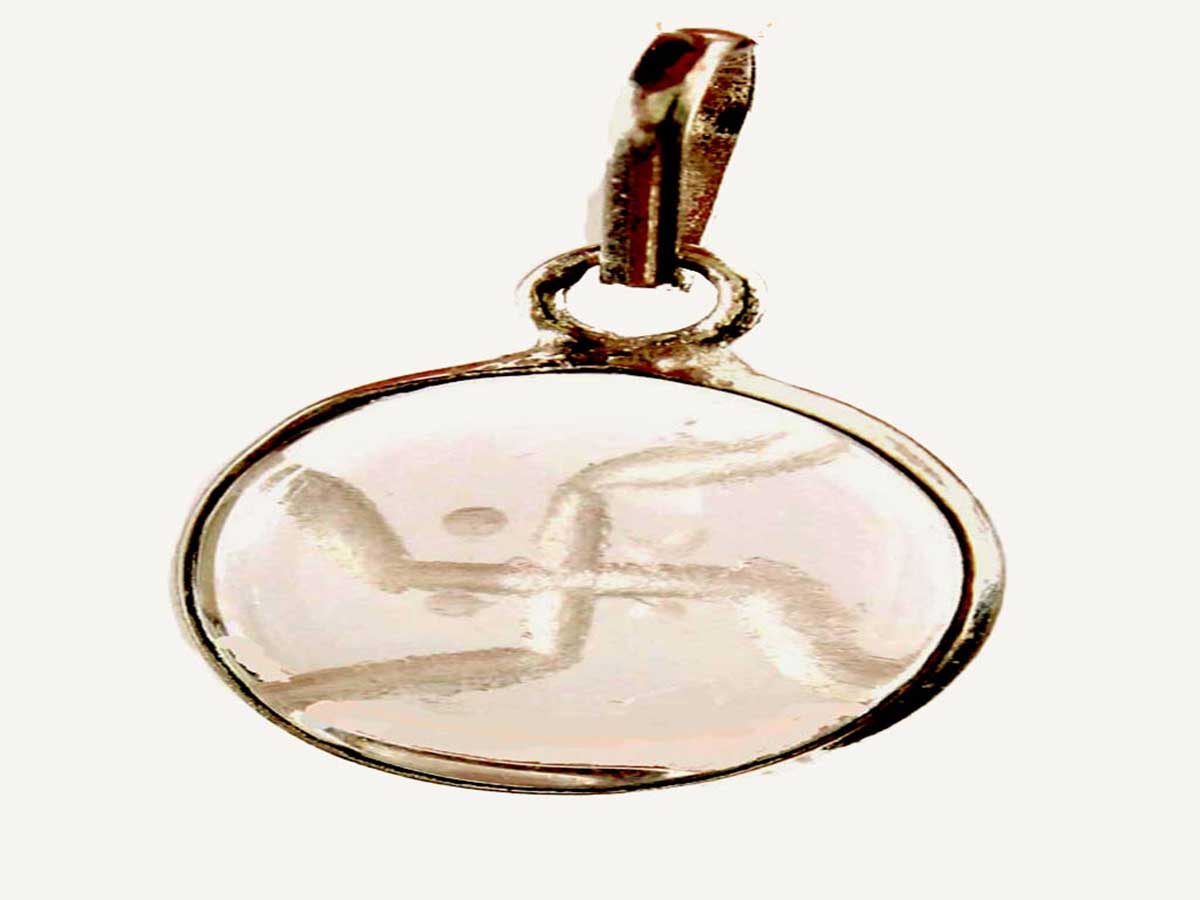
Do you have questions about astrology, but never knew who to ask? These are complete answers to the ten most sought after questions on the subject.
When did the Practice of Astrology First Begin?
There are two aspects to this question, the historical data and the mythological belief. In historical terms, the earliest recorded accounts of astrological practices trace back to ancient Mesopotamia, around the 3rd millennium BCE. The Babylonians were the first to systematically record celestial events and associate them with earthly events.
The Chronology of Historical Records
- Cuneiform Tablets (18th century BCE): The Babylonians documented celestial phenomena like eclipses, planetary movements, and the positions of constellations on clay tablets. These observations formed the foundation of their omen based astrology.
- Ziggurats and Star Observation (2000 BCE): Ziggurats are massive, terraced structures built in ancient Mesopotamia as temple complexes dedicated to the gods. Astronomer-priests in Mesopotamia studied the night sky from ziggurats, linking celestial events to the fate of cities and rulers rather than individuals.
- Enuma Anu Enlil (1600 BCE): This was a collection of over 70 tablets that systematically detailed omens based on astronomical occurrences, such as lunar phases and eclipses.
- Personal Horoscopes (5th century BCE): While early astrology was primarily mundane (focused on kingdoms), the Babylonians introduced the concept of personal horoscopes based on birth charts. These practices eventually spread to Egypt, where they were synthesised with Hellenistic thought. It is believed that these concepts then arrived in India through cross-cultural exchanges along trade routes, during the early centuries BCE.
- Vedang Jyotish (1200 to 1000 BCE): The astronomical calculations used for Vedic rituals trace back to the ancient Indian text, the 'Vedang Jyotish'. However, actual predictive Vedic astrology may have developed later. Texts like the Rigveda, Atharvaveda and the Brihat Parashara Hora Shastra contain references to celestial observations and their influence on human life, and are considered foundational to Vedic astrology.
Mythological Beliefs on the Origins of Astrology
The mythological belief about the origin of astrology holds that the Sage Bhrigu, received knowledge of astrology from Venus (Shukra). Venus is a planet associated with wisdom, wealth and luxury. But in Vedic mythology, the personification of Venus is that of a mentor to the demonic realm (Daitya Guru). It is believed that Venus imparted esoteric and astrological knowledge to Sage Bhrigu, making him a revered figure in Vedic astrology.
Bhrigu then went on to compile a record of this knowledge in his works, the ‘Bhrigu Samhita’, which has since been fragmented and only partial records now remain. This text is said to have once contained the astrological charts and predictions for all living beings. In modern times, some people have been lucky enough to find their details in what remains of these records.
Who was the Father of Astrology?
As astrology has developed independently in different parts of the world, there is no single claimant to the title of the 'Father of Astrology'. There are different founding figures, depending on who you ask. According to the major forms of astrology these people are:
In the Mesopotamian/Babylonian Tradition
In ancient Babylon, early records of astrology were developed, where priests such as 'Bel-re-Usur' observed celestial events to predict earthly affairs.
Berossus was a Babylonian priest of the Hellenistic period (circa 3rd century BCE) who is often credited with bringing Babylonian astrological knowledge to Greece.
In Hellenistic Astrology
The fundemental concepts of Western astrology are often attributed to Claudius Ptolemy. Ptolemy was a Greco-Roman mathematician, astronomer and astrologer who lived in the 2nd century CE. He is best known for his work, the ‘Tetrabiblos’, which is considered a foundational text in Western astrology.
In Vedic Astrology
Due to his seminal work, the ‘Brihat Parashara Hora Shastra’, the ancient sage, Parashar is traditionally credited as the "Father of Vedic Astrology", or ‘Jyotish’. This text is considered the foundational treatise of ‘Jyotish’, detailing astrological principles like planetary placements, houses and predictive techniques.
Then there is also a school of thought that considers the sage, ‘Bhrigu’ to be the founding father of ‘Jyotish’. According to Hindu mythology, ‘Bhrigu’ was created by Lord Brahma, the creator of the universe and is regarded as one of the ‘Manasaputras’ (sons born of the mind) of Brahma.
Bhrigu is one of the revered 'Saptarishis' (Seven Great Sages). Before the compilation of the 'Bhrigu Samhita', it is believed that Bhrigu traveled extensively, accumulating divine and cosmic knowledge. His interactions with celestial beings and deities laid the foundation for his astrological works. He is also credited with significant contributions to the development of many Vedic disciplines, including Ayurveda and metaphysical knowledge.
In Chinese Astrology
In the Chinese tradition, Emperor Fu Xi, a mythical emperor from around 2800 BCE is credited with the development of astrology and divination systems, including the I-Ching.
In Islamic Astrology
Abu Ma'shar al-Balkhi (Albumasar) was an influential Persian astrologer (circa 9th century CE) who blended Greek, Persian and also Indian astrology, to create his own medieval brand of Islamic astrology.
Who is the God of Astrology?
The concept of a "God of Astrology" varies across the spiritual, cultural and mythological frameworks of different civilisations. While no single deity exclusively embodies this knowledge, these are some key deities associated with this discipline:
Mesopotamian/Babylonian Belief
Marduk was the chief deity of Babylon, often linked to the planet Jupiter and played a key role in Babylonian astrology. Marduk was connected with interpretating celestial movements as messages from the gods.
Greek and Roman Tradition
Astraios or Astraeus is the son of the Titans Crius and Eurybia and is associated with dusk, the stars and astronomy. Astraios represents the idea of celestial order and embodies the link between mythology, celestial bodies for and our understanding of time.
Apollo is the god of prophecy and the Sun in Greek mythology. He is linked to astrology through his association with divination and the solar cycle.
Hindu/Vedic Tradition
According to Vedic beliefs, planets are considered to be deities and are represented by spiritual beings. Jupiter and Venus are the providers of spiritual and occult knowledge in different realms and on earth.
'Shukra' (Venus) is the spiritual guide to the demons and represents the planet Venus, governing beauty, wealth and relationships in astrology.
'Brihaspati' (Jupiter) is the guide and spiritual mentor of the gods. Jupiter is the deity of wisdom and knowledge.
Chinese Tradition
Taiyi (Great Unity) is a deity associated with the cosmos and the movement of the stars.
Egyptian Tradition
Thoth is the god of wisdom, writing and time. Thoth is often linked to astrology and the creation of the zodiac.






























